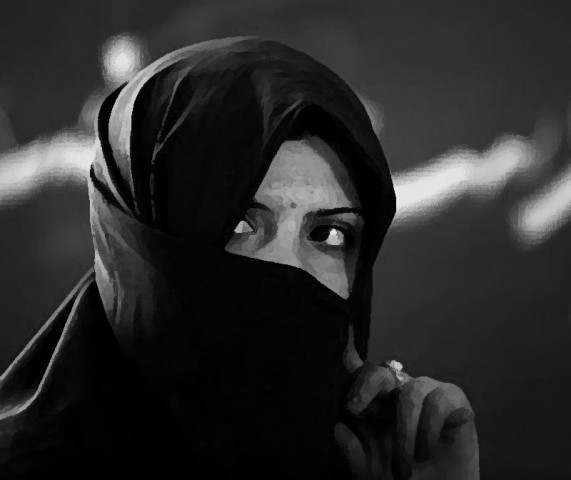
Shabana Bibi* is an angry woman. And anger has given her courage. For the last three years she has relentlessly pursued the murderer of her 18-year old daughter, who remains absconding. She refuses to accept defeat. The more hard knocks she gets, the more resilient it makes her.
Bibi has sleepless nights because the murderer is roaming about scot-free to this day, and some other innocent victim may meet the same savage fate as her daughter who was first raped, then her face disfigured, her eyes gouged and her throat slit.
It was the price the teenager paid for her parent’s refusal to a suitor. “He was a man of ill repute, a drunkard and a womaniser,” she says and then adds: “Who in their right mind would give their daughter’s hand in marriage to a ghoonda like him?” asks Bibi.
Many in Bibi’s shoes would have quietly left the neighbourhood, and buried the ugly secret with her daughter and begun a new life, for after all she still has another daughter of marriageable age. But Bibi is made of a different mould and refuses to see her daughter become another unfortunate statistic.
Maybe she is made in the same indefatigable mould as Mukhtaran Mai who was gang-raped in 2002 and became “damaged” property. Mai told the whole world her story and sought justice for years. Unfortunately, in 2011, five of the six accused in the widely condemned case were acquitted.

Rukhsana Siddiqi, survivors’ support officer at War Against Rape (WAR), has yet to come across a woman quite like Bibi. “It takes a huge amount of courage to fight the tide of social attitude prevailing in our country and speak up.”
It took gender expert, Dr Fouzia Saeed, 14 years to tell her story of sexual harassment. Saeed’s book, Working with Sharks: Countering Sexual Harassment in our Lives is an autobiographical expose on sexual harassment in the United Nations and the revenge meted out by the UN management she and 10 other women faced for making their case.
Why the victims don’t report?
Rights activist Samar Minallah explains that Pakistani women “are expected to preserve this warped notion of honour by remaining silent”.
Shiraz Ahmed, also survivors’ support officer at WAR, who has met with hundreds of survivors, agrees with Siddiqi and says blame is often shifted from the perpetrator to the victims and contributes towards the pervasiveness of this crime. It is this attitude of society which leads to stony silence.
“We get very few walk-in cases; most are referred to us by other organisations and the rest are through our own effort of going to the police stations, after we read about them in newspapers,” he says, adding they are able to convince only about five per cent survivors to go to the court. But he doesn’t blame the family for that. “Working with a biased police, weak investigation and forensics, even if the accused gets convicted, it may take anywhere between four to six years,” in his opinion, for the case to come to a logical conclusion.
The adversarial court system, coupled with lack of sensitivity towards the victim during trial is also why families and survivors hesitate to report. “Vulnerable victims are often brought to courts only to find they are not believed,” said Siddiqi.
Data on sexual violence in Pakistan are vague and vastly underreported. In 2012, WAR investigated 294 rape and 41 sodomy cases. But these were the cases that were reported. These numbers were collected from all the 103 police stations in Karachi including three women police stations and three government hospitals where medico-legal exams are conducted. In addition, WAR also investigated a few cases that were referred to it by any of the 18 town offices, NGOs, media or directly from courts.
Arbitrary judgements are made about victims in our society and this is found in the victim’s neighbourhood, at police stations and even the court. Giving examples, she says these range from remarks like: ‘she asked for it’; ‘had a chakkar’, ‘must be a slut’, ‘was up for grabs’, ‘was a tease or a flirt’, was ‘sending wrong signals’, etc.
“A rape victim who speaks up against the atrocity has to face the social stigma where she is believed to have ‘invited’ it upon herself,” endorses Minallah. “The entire system protects the perpetrator while making the real victim more vulnerable,” she added.
In addition, Siddiqi says society also passes judgements on a woman based on its perceptions, especially in cases of incest, where there is still denial. “When the mother seeks help for that, she is often blamed for using her daughter to get out of a bad marriage, or the woman is accused of blackmailing the husband for some reason,” said Siddiqi.
Women seen as a commodity
When asked why women are treated thus, Minallah says it’s because women are seen as a commodity. “A sister who demands for her right of inheritance, a daughter who wants to marry out of her choice, a girl who refuses to be handed over as Swara to save her father, all are thought to be challenging a norm and threatening the family honour. It all has to do with a patriarchal mindset and a need to control a woman in our society.”
Minallah says a thorough and deep-rooted change in social attitude is needed to make Pakistani women more secure.
*Name changed to protect identity.
Published in The Express Tribune, March 8th, 2013.
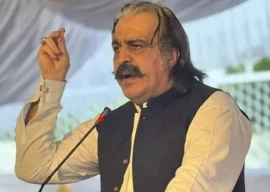
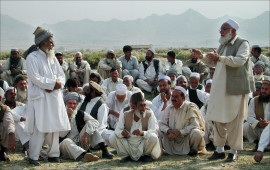
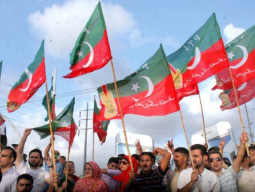
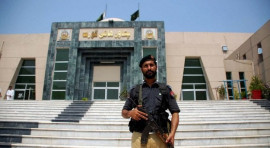
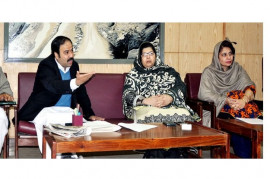

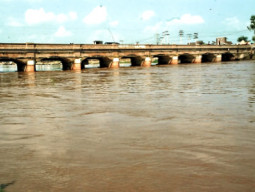
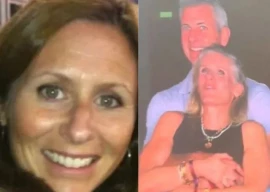

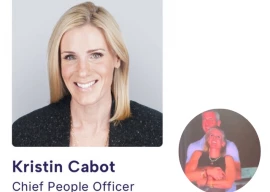
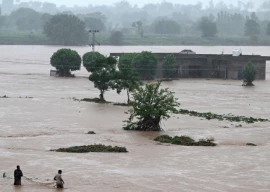
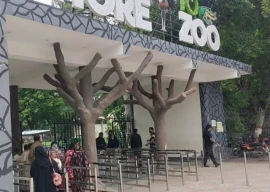






COMMENTS
Comments are moderated and generally will be posted if they are on-topic and not abusive.
For more information, please see our Comments FAQ